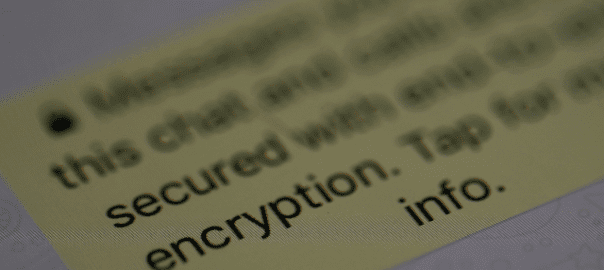|
By Samuel Woodhams | Digital rights researcher and journalist
Last week, Joe Biden sounded the alarm over the lack of child protections online during his State of the Union address. He called for a ban on the collection of kids’ personal data and the prohibition of targeted advertising to children, saying: “We must finally hold social media companies accountable for the experiment they are running on our children for profit.” |
Tag Archives: United Kingdom
Turkey-Syria earthquakes: a seismologist explains what has happened
Jenny Jenkins, Durham University
An extremely large earthquake has occurred in the southeast of Turkey, near the border with Syria. Data from seismometers which measure shaking of the ground caused by earthquake waves suggest this this event, in the early morning of February 6, was a magnitude 7.8 out of 10 on the moment magnitude scale. Seismic waves were picked up by sensors around the world (you can watch them ripple through Europe) including places as far away as the UK.
Six parts of your car that gather data on you
Rachael Medhurst, University of South Wales
You can tell a lot about someone from the car they drive. The data that many vehicles now collect can reveal the patterns of our daily lives and provide insights into our behaviour, actions and even our state of mind.
THE WHO: THE WHO WITH ORCHESTRA LIVE AT WEMBLEY
On July 6, 2019, The Who headlined Wembley Stadium in London for the first time in forty years. The show was the only U.K. date on their ‘Moving On’ Tour and featured the band accompanied by an over 50-piece orchestra performing classic tracks from Quadrophenia, Tommy, Who’s Next, Who Are You and more as well tracks from their WHO album, their first studio release in thirteen years. Continue reading
Deep Fake Neighbour Wars: ITV’s comedy shows how AI can transform popular culture
Dominic Lees, University of Reading
ITVX’s Deep Fake Neighbour Wars is the breakthrough in television’s use of artificial intelligence that experts in the cultural use of deepfakes like myself have been waiting for.
The spy clause and the end of anonymity
|
By Samuel Woodhams | Digital rights researcher and journalist The long, turbulent history of UK’s Online Safety Bill can be traced back to 2017, with the publication of the Internet Safety Strategy green paper. Since then, the proposed legislation has gone through endless revisions, been delayed and, at times, looked like it might be dropped entirely. Continue reading |
Researchers from University of Birmingham, U.K., show novel adaptation for existing furnaces could reduce steelmaking emissions by 90%
Researchers from the University of Birmingham, U.K., have designed a novel adaptation for existing iron and steel furnaces that could reduce carbon dioxide (CO2) emissions from the steelmaking industry by nearly 90%.
This radical reduction is achieved through a ‘closed loop’ carbon recycling system, which could replace 90% of the coke typically used in current blast furnace-basic oxygen furnace systems and produces oxygen as a biproduct. Continue reading
Prince Harry is wrong: unconscious bias is not different to racism
Meghan Tinsley, University of Manchester
When Prince Harry sat down with ITV journalist Tom Bradby for a conversation about his marriage, his estrangement from the royal family and his tell-all memoir, Spare, one particular segment stood out. Bradby said that Harry had accused some members of his family of racism, but Harry shook his head firmly.
How to talk to someone about conspiracy theories in five simple steps
Daniel Jolley, University of Nottingham; Karen Douglas, University of Kent, and Mathew Marques, La Trobe University
People’s first instinct when engaging with conspiracy believers is often to try and debunk their ideas with factual and authoritative information.
Digital welfare dystopia
By Samuel Woodhams | Digital rights researcher and journalist
|
Algorithms to determine welfare payments and detect fraud are becoming standard practice around the world. From Manchester to Melbourne, peoples’ lives are being shaped by secretive tools that determine who is eligible for what, and how much debt is owed. Although the technology has been around for some time, the outbreak of COVID-19 renewed enthusiasm for the digital welfare state and, for thousands of cash-strapped public bodies, the promise of increased efficiency and lower costs has proven irresistible. |










